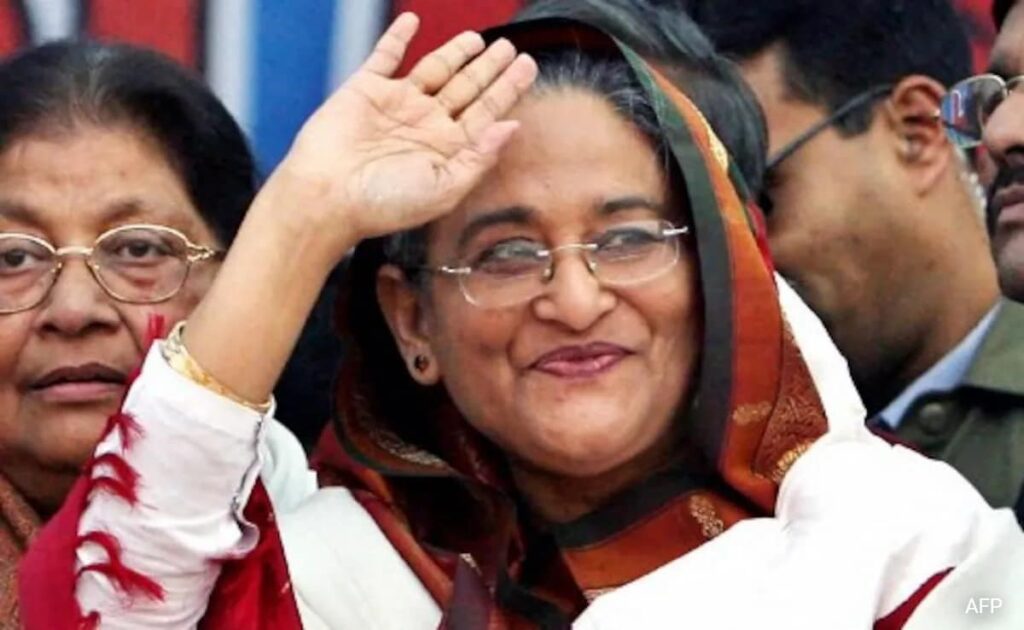Controversial Fourth-Term Victory for Bangladesh’s Prime Minister Sheikh Hasina

In a contentious election, Bangladesh’s Prime Minister Sheikh Hasina has secured her fourth consecutive term, with her Awami League and allies winning 223 out of 300 parliamentary seats. The opposition Bangladesh Nationalist Party’s boycott left Hasina’s party unchallenged for additional seats. The official voter turnout of around 40% has faced criticism, with accusations of potential inflation of numbers, as the last election in 2018 recorded over 80% turnout. Despite concerns about low voter participation and allegations of government interference, Hasina’s dominance appears unchallenged.
Human Rights Watch reported nearly 10,000 activist arrests following violent protests, accusing the government of suppressing opposition members. The Awami League denies these allegations, but fears have emerged about potential one-party rule as Hasina secures her fifth term in total.
The opposition’s boycott, prompted by the rejection of demands for an independent caretaker government, has further strained the political landscape. Analysts predict that the government may maintain its crackdown, particularly if its legitimacy is questioned.
Hasina’s economic successes have been tarnished by recent challenges, including inflation and international pressure on human rights concerns. While Bangladesh has made significant economic strides under her leadership, recent turmoil presents obstacles.
International scrutiny has intensified, with the United States imposing visa restrictions on Bangladeshi officials involved in undermining the democratic election process. Concerns from the United Nations and other organisations regarding human rights abuses and stifling dissent add to the challenges.
With support from India, Hasina may navigate potential Western sanctions. Bangladesh’s garment industry, a major contributor to its economy, could be affected by sanctions, posing risks for millions of workers. As Hasina secures another term, the nation faces economic uncertainties and global pressures.
Having first assumed office in 1996, Hasina’s re-election in 2009 marked the beginning of her continued leadership, making her Bangladesh’s longest-serving leader. The future remains uncertain, with questions arising about her successor as she secures her fourth term amid political challenges and economic complexities.
